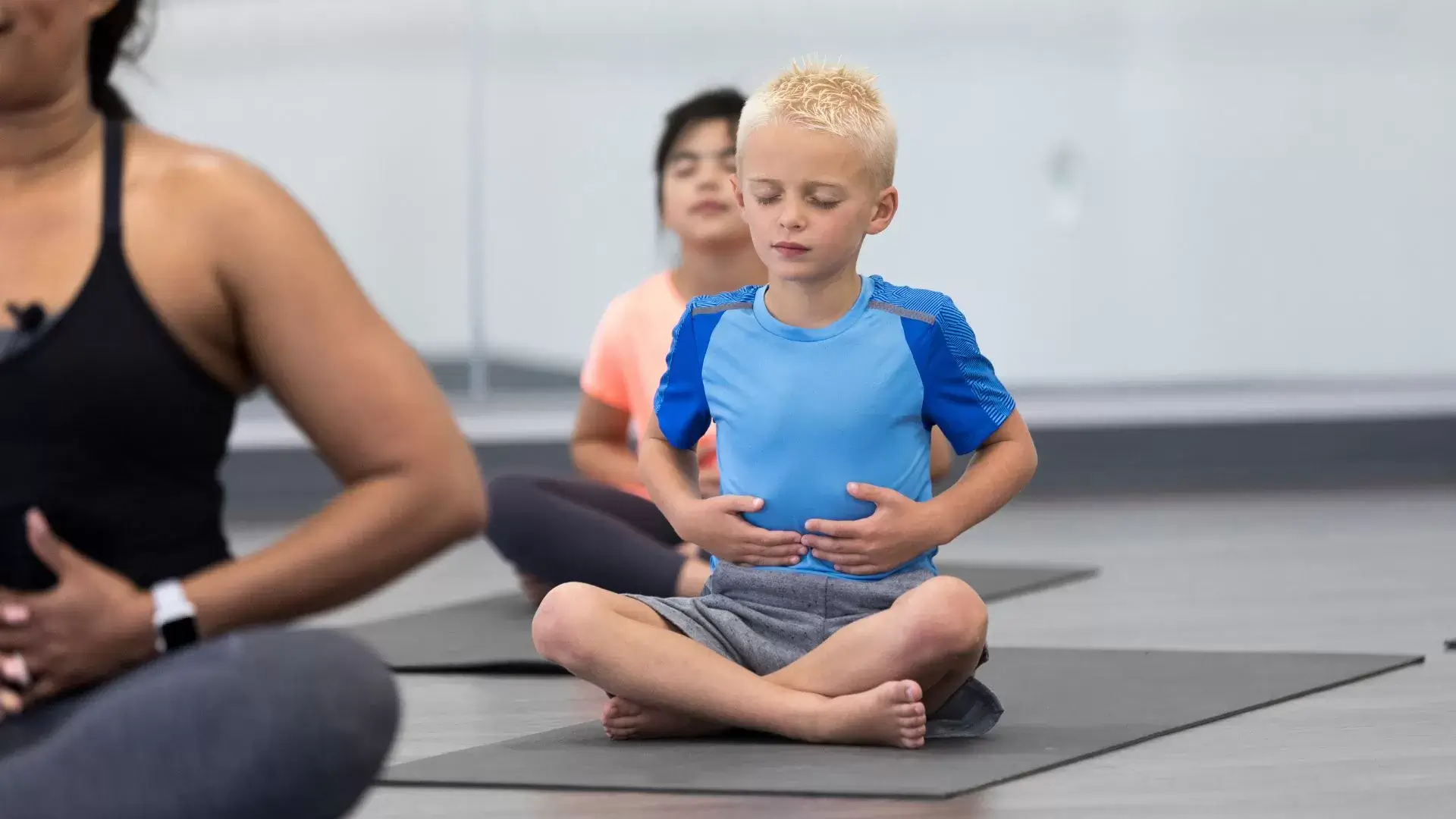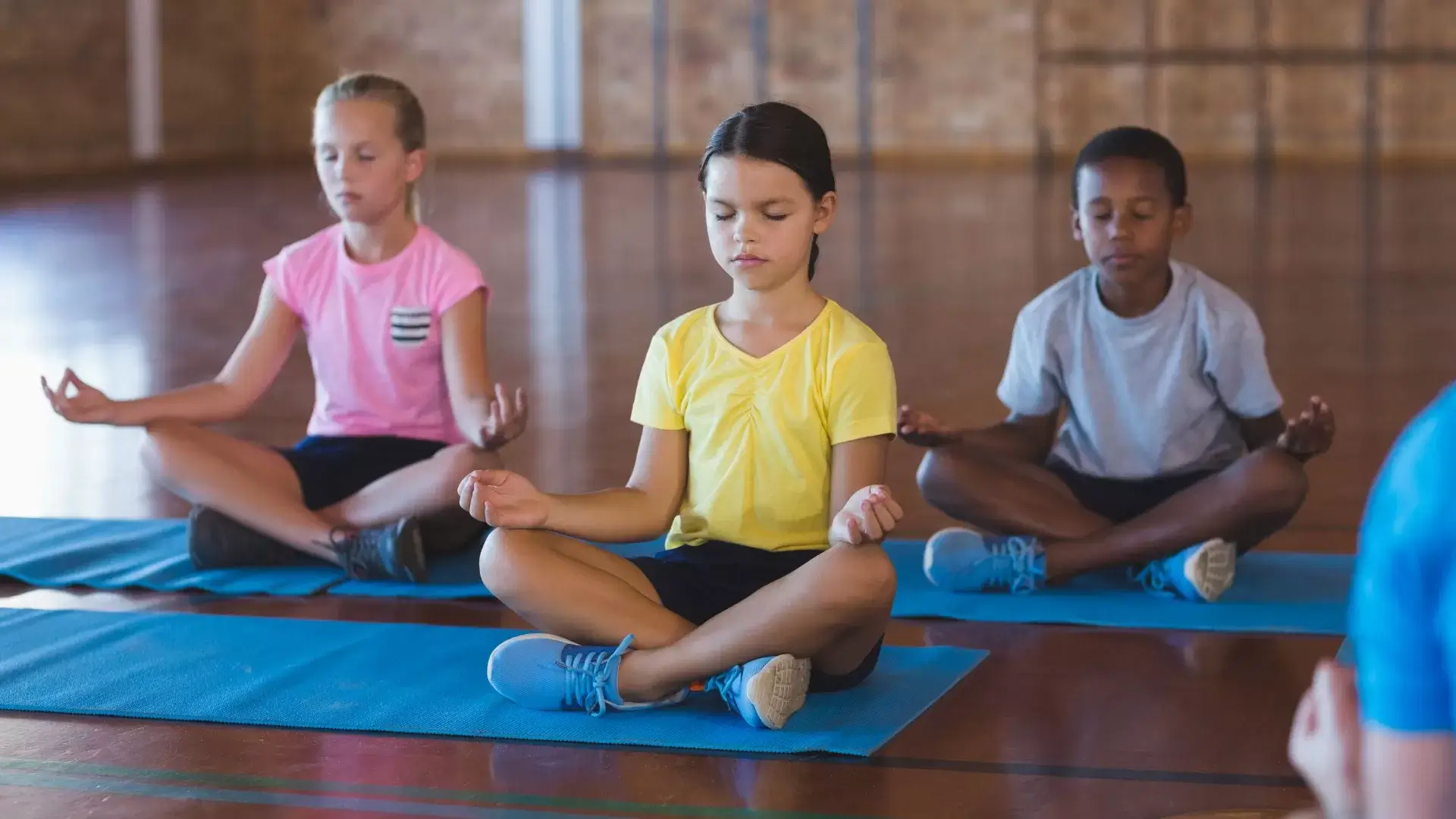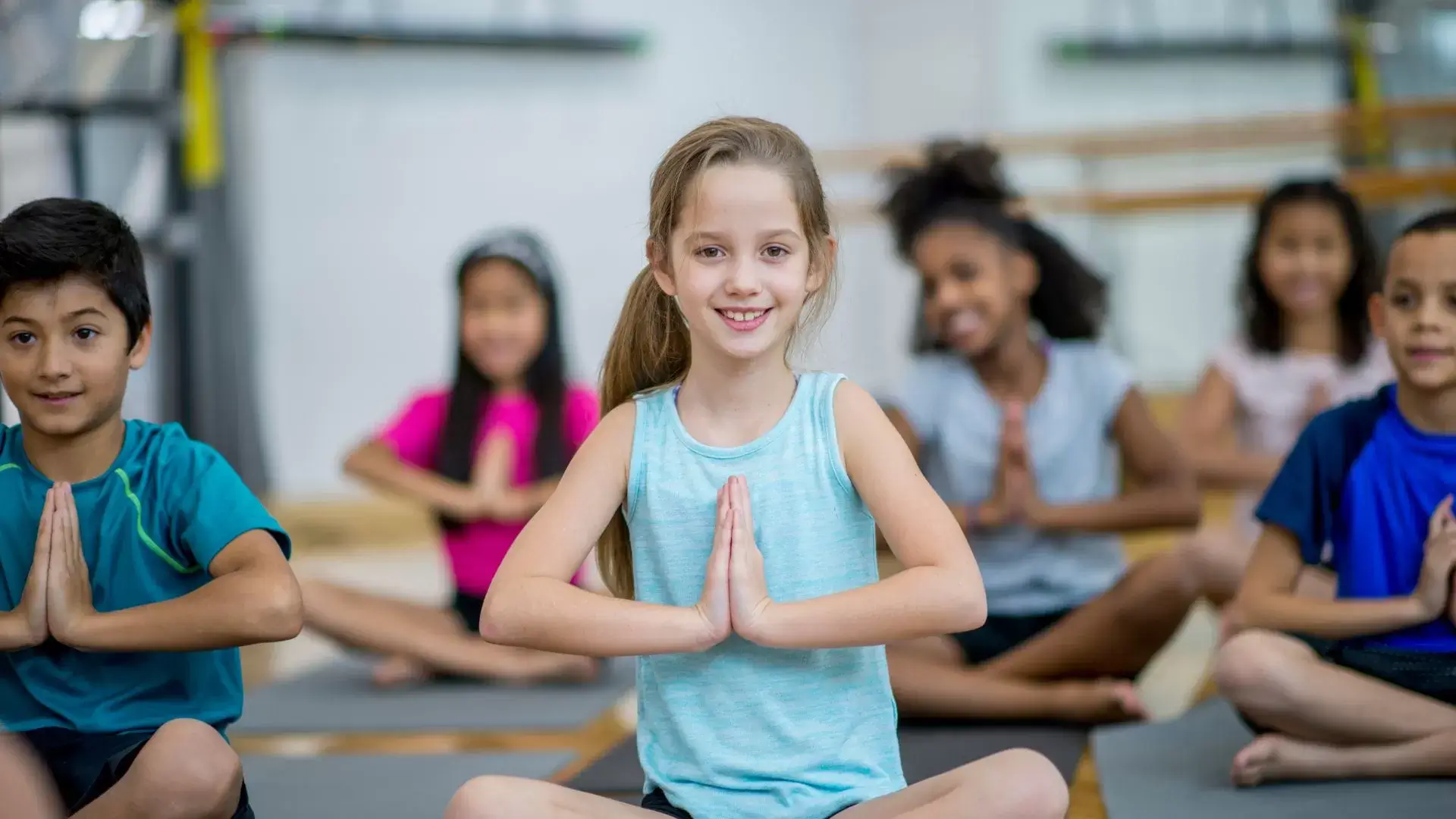We recognize that equipping our children with effective coping strategies is essential for their emotional resilience and overall well-being. Together, we can foster their growth through techniques like deep diaphragmatic breathing and progressive muscle relaxation to help them manage anxiety. Incorporating yoga and sensory-motor activities into their routines offers fun, creative outlets for expression. Engaging in resistance exercises builds their strength and resilience, too. By creating a supportive environment, we nurture their emotional intelligence. As we explore these strategies, we can discover even more ways to help our children thrive in a challenging world.
About Mississauga Psychotherapist
In Mississauga, psychotherapists play an essential role in helping children develop effective coping strategies to navigate their emotional challenges. We recognize that every child is unique, and their emotional struggles can feel overwhelming. That’s why we’re committed to providing a safe, supportive environment where children can express themselves freely.
At our Mississauga practice, located at 243 North Service Rd W #106F, Mississauga, ON L5J 1J7, we focus on understanding the specific needs of each child. By employing evidence-based techniques, we guide them through the complexities of their feelings and teach them valuable skills to manage stress, anxiety, or sadness.
We believe in fostering resilience and emotional intelligence, empowering children to face life’s ups and downs with confidence. If you’re seeking guidance for your child, we’re here to help. You can reach us at (289) 212-8465 to discuss how we can support your family’s journey. Together, we can create a nurturing path toward emotional well-being, ensuring your child develops the tools necessary for a balanced life. Let’s take this step toward healing and growth together.
Mastering Deep Diaphragmatic Breathing
Helping children develop effective coping strategies naturally leads us to techniques like mastering deep diaphragmatic breathing, which can greatly enhance their emotional regulation and calmness. This breathing method teaches our kids to engage their diaphragm, promoting deeper, more controlled breaths. We can guide them to place a hand on their belly, feeling it rise and fall as they breathe in through their nose and out through their mouth.
As we practice this together, we create a safe space where our children can express their feelings. We might find that even just a few moments of focused breathing can help them manage anxiety or frustration in challenging situations. By incorporating this technique into our daily routine, we not only strengthen their coping skills but also deepen our connection with them.
It’s important to remind our children that it’s okay to feel overwhelmed sometimes. Through deep diaphragmatic breathing, they can learn to step back, recalibrate, and find their center. Together, let’s encourage them to use this tool whenever they need to, empowering them to take control of their emotions and navigate their world with greater ease.

The Benefits of Progressive Muscle Relaxation for Kids
Progressive muscle relaxation can be a powerful tool for our kids, as it teaches them how to recognize tension in their bodies and release it, fostering a sense of calm and control. By guiding them through the process of tensing and then relaxing different muscle groups, we help our children develop a tangible connection between their mind and body. This awareness can be especially beneficial during stressful situations, allowing them to manage anxiety more effectively.
Incorporating this practice into our routine not only helps our kids unwind but also equips them with a lifelong skill. We’ve all experienced moments when stress feels overwhelming, and by teaching them to identify and alleviate physical tension, we’re giving them the tools to navigate those feelings confidently.
Moreover, progressive muscle relaxation can lead to improved sleep quality, as it encourages relaxation before bedtime. We can create a calming environment and establish a bedtime ritual that includes this technique, making it a soothing experience.
Ultimately, as we support our children in this practice, we reinforce the importance of self-care and emotional regulation, laying the foundation for healthier coping strategies as they grow.

Incorporating Yoga into Your Child's Daily Routine
Incorporating yoga into our children’s daily routine can be a delightful way to promote mindfulness and physical well-being, fostering both emotional balance and resilience. We can start by setting aside just a few minutes each day for simple yoga practices. This can be as easy as introducing a morning stretch or a calming evening session.
We might explore fun poses together, like tree pose or cat-cow, which can ignite their imagination while enhancing body awareness. Using engaging resources such as yoga videos or storybooks can also make this practice enjoyable and relatable for our kids.
Creating a dedicated space in our home for yoga, complete with soft mats and calming decorations, can help our children feel excited about this time. Encouraging them to express how they feel during and after yoga will deepen their connection to their emotions, promoting self-awareness.

Utilizing Sensory-Motor Strategies for Emotional Regulation
Utilizing sensory-motor strategies can empower our children to better manage their emotions and navigate challenging situations with greater ease. We can create an environment where they feel safe to explore their feelings through movement and sensory input. Activities like jumping on a trampoline, swinging, or playing with textured materials can provide the physical outlet they need to release pent-up emotions.
We can also incorporate deep breathing exercises alongside these activities, helping our children connect their physical sensations to their emotional state. When they take a few moments to breathe deeply while engaging in sensory play, we allow them to ground themselves and develop awareness of their feelings.
Additionally, we can encourage our kids to express themselves through art or music, providing another layer of sensory experience. By painting, drawing, or dancing, they can channel their emotions into creative outlets, fostering emotional regulation.
As we embrace these sensory-motor strategies, let’s stay attuned to our children’s needs. Supporting them in understanding their emotions while engaging in physical activities will build their confidence, resilience, and ability to cope with life’s ups and downs. Together, we can create a nurturing environment for their emotional growth.
The Power of Resistance Exercise in Building Resilience
Resistance exercise can be a powerful tool for our children, helping them build physical strength while also fostering emotional resilience and confidence in their abilities. When we encourage our kids to engage in activities like weightlifting, bodyweight exercises, or resistance bands, we’re not just promoting fitness; we’re nurturing their mental fortitude.
As they push against resistance, they learn persistence and the value of hard work. Each small victory, whether it’s completing a set or lifting a little more weight, reinforces their sense of accomplishment. We can see how these experiences translate into daily life, teaching them to tackle challenges with determination.
Moreover, resistance training can greatly reduce anxiety and improve mood, providing our children with healthy outlets for stress. It gives them a sense of control over their bodies, which can be incredibly empowering.
Let’s also remember the importance of community in this journey. Whether through team sports or group classes, the shared effort fosters social connections, enhancing their support systems. Together, we can help our children cultivate a resilient mindset that serves them well beyond the gym, preparing them to face life’s ups and downs with strength and confidence.
Contact us at Registered Psychotherapists in Mississauga Ontario
Reaching out to registered psychotherapists in Mississauga, Ontario, can be an essential step for families seeking support in helping their children develop effective coping strategies. We recognize that maneuvering through the challenges of childhood can be overwhelming, both for kids and their parents. It’s important to acknowledge that we don’t have to face these challenges alone.
When we connect with experienced professionals, we gain access to tailored guidance that can empower our children. These therapists provide a safe space for open conversations, helping our kids express their feelings and learn resilience. By working collaboratively, we can equip them with practical tools to manage anxiety, stress, and emotional struggles.
We encourage you to reach out to registered psychotherapists who specialize in child development and coping strategies. They can offer insights that are both compassionate and evidence-based. Together, we can foster an environment where our children feel supported and understood.
If you’re ready to take that step, don’t hesitate to contact us. We’re here to help guide you through this journey, ensuring our children thrive emotionally and psychologically. Let’s work together to build a brighter future for them.



